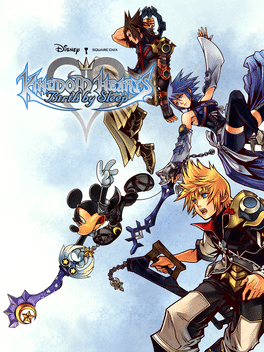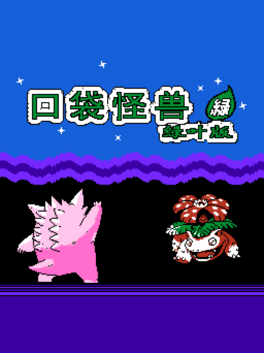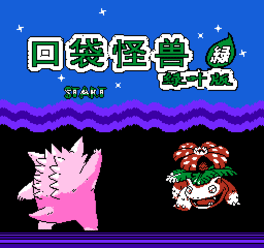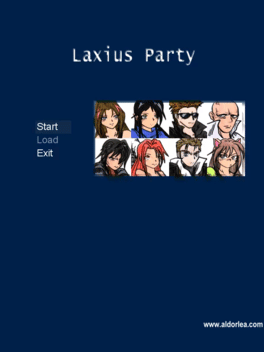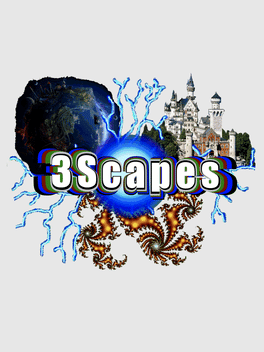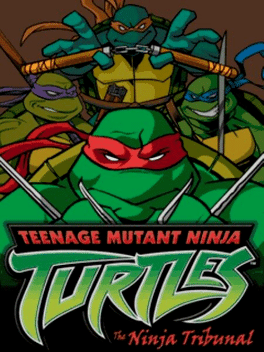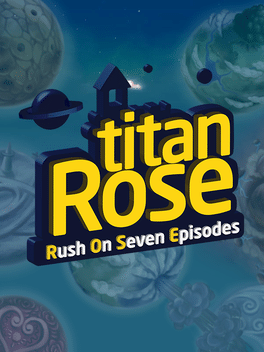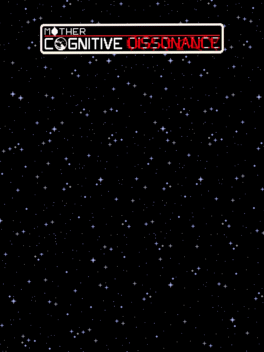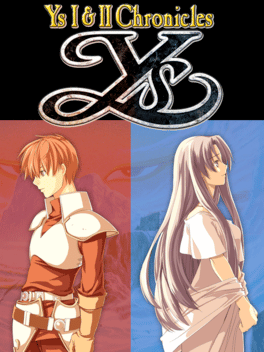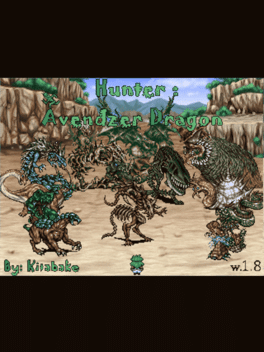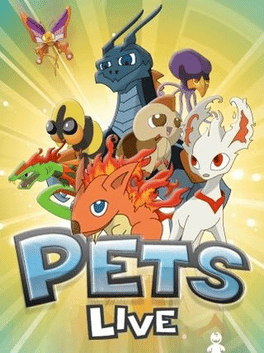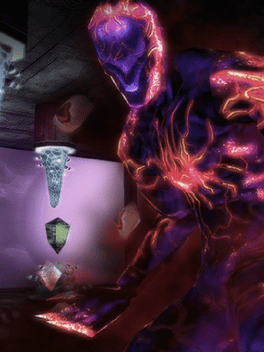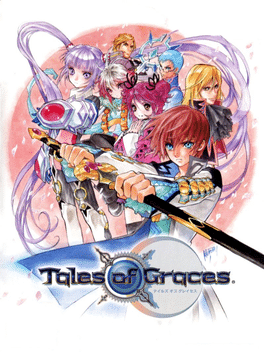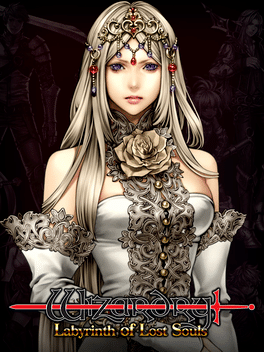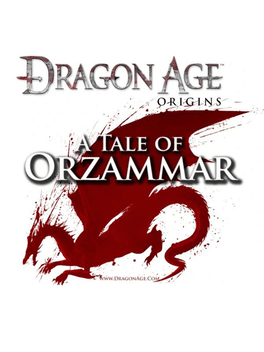New Xbox 360 Games - Page 191
-
Kingdom Hearts Birth by Sleep
2010
star 8.3Birth by Sleep is an action roleplaying game that introduces a gameplay aspect called the Command System, which allows players to customize a Command Deck with techniques and abilities that they can perform at will, called Deck Commands. Performing ordinary attacks and Commands fills a gauge displayed above the command deck that, when certain requirements are fulfilled, activates a Command Style that changes the player's basic attack command with the "Surge" command, which racks up powerful combos depending on what Command Style is activated. Filling the gauge with certain requirements a second time causes the character to change into an even higher level Command Style, which replaces the "Surge" command with the more powerful "Storm" command. -
Laxius Party
2009
Laxius Party
2009
2005, the year Blades of Heaven was released on Windows. Made by Laxius Power and published by Laxius Power, this role-playing (rpg) game is available for free. -
3Scapes
2009
3Scapes
2009
3Scapes is a text-based multi-user dungeon. Communication across the dimensions is easily handled, as is the ability to retain your character identity (i.e. name) across all existence, but beyond that, everything else is unique. Since opening in 2009, 3Scapes has grown to become a virtual community of over 800 characters with new guilds, new areas, new quests, and new functionality. With its own cast of players, administrators, and its own unique feel, 3Scapes is a vibrant virtual world ready for you to visit, explore, and enjoy! -
Teenage Mutant Ninja Turtles: The Ninja Tribunal
2009
Teenage Mutant Ninja Turtles: The Ninja Tribunal is a 2009 mobile phone game by 4mobile. It is based on The Lost Episodes. -
titanRose
2009
-
Mother: Cognitive Dissonance
2009
Cognitive Dissonance is a fan game set in the universe of the EarthBound series (also known as Mother). It takes place between the first and second games in the series: after Giegue's first defeat yet before Ness's adventure. It tells a story of Giegue's descent into madness and the wandering band of aliens who once protected the Apple of Enlightenment, in a chapter-based format similar to Mother 3. This newly revised and rebuilt edition includes mountains of overhauled graphics, an original soundtrack, and many new and expanded areas to explore. -
Woozworld
2009
Woozworld
2009
Woozworld is a social MMO based on fashion, fame, and talking to others. You can sell, buy and trade clothes, level up by doing quests, and customize your own rooms, called "Unitz", with furniture, wallpapers, and sky textures. Sometimes there are also events where you get to meet the creators or the "celebrities" of Woozworld such as Mya or Jay Wooz. -
Ys I & II Chronicles
2009
Ys I & II Chronicles
2009
star 6.5Ys: I & II Chronicles is a remake for the PSP of the two first iterations of the critically-acclaimed Ys series. The graphics have been reimagined in HD hand-drawn 2D and the soundtrack newly rearranges, while returning fans have the option of playing with the original music or using alternative character art. Four difficulty levels and a time trial mode have also been added, making this the definitive version of the legendary series’ origin. -
Pets Live
2009
Pets Live
2009
Explore the world to discover new pets of all shapes and sizes, from the ferociously fierce to the cute and huggable. Then raise them until you are strong enough to compete against other trainers in Pets LIVE! -
Dungeons & Dragons Online: The Dreaming Dark
2009
For thousands of years the Dreaming Dark have watched and waited in our dreams. Now at long last they strike. Horrific creatures from the Plane of Nightmares threaten to overrun Xen’drik and it’s up to you to defeat them. Explore five new dungeons that will send you back in time, explain ancient mysteries of the Giants, and take you to the Plane of Nightmares itself. -
EverQuest: Underfoot
2009
-
Arcuz
2009
Arcuz
2009
Arcuz is an Action Role Play Game full of action with 18 different maps and 25 quests. Fight with the monsters, train your hero, search better weapons, compose new items and learn new skills. -
Tales of Graces
2009
Tales of Graces
2009
star 6.7Tales of Graces is an action role-playing game. You will follow Asbel Lhant int he world of Ephinea. In his childhood, Asbet became friends with an amnesiac girl and witnesses her death. However, seven years later, he is reunited with the girl who retains her amnesia... -
Wizardry: Labyrinth of Lost Souls
2009
star 5.7The magic torches are lit, the monsters are ravenous, and the kingdom is waiting for a new hero. Experience the legendary Wizardry series’ modern rebirth as you traverse perilous dungeons and take on hordes of fantastic enemies. Are you up to the challenge? -
Dragon Age: Origins - A Tale of Orzammar
2009
A Tale of Orzammar is a promotional module for Dragon Age: Origins that was created by BioWare and released as a bonus with the December 2009 edition of PC Gamer. It is an unvoiced storyline that serves as a prologue to the Dwarf Noble Origin and was created in collaboration with the magazine as an example of what could be made with the modding toolset. The module is also included with the GOG release of Dragon Age: Origins via an update patch.
